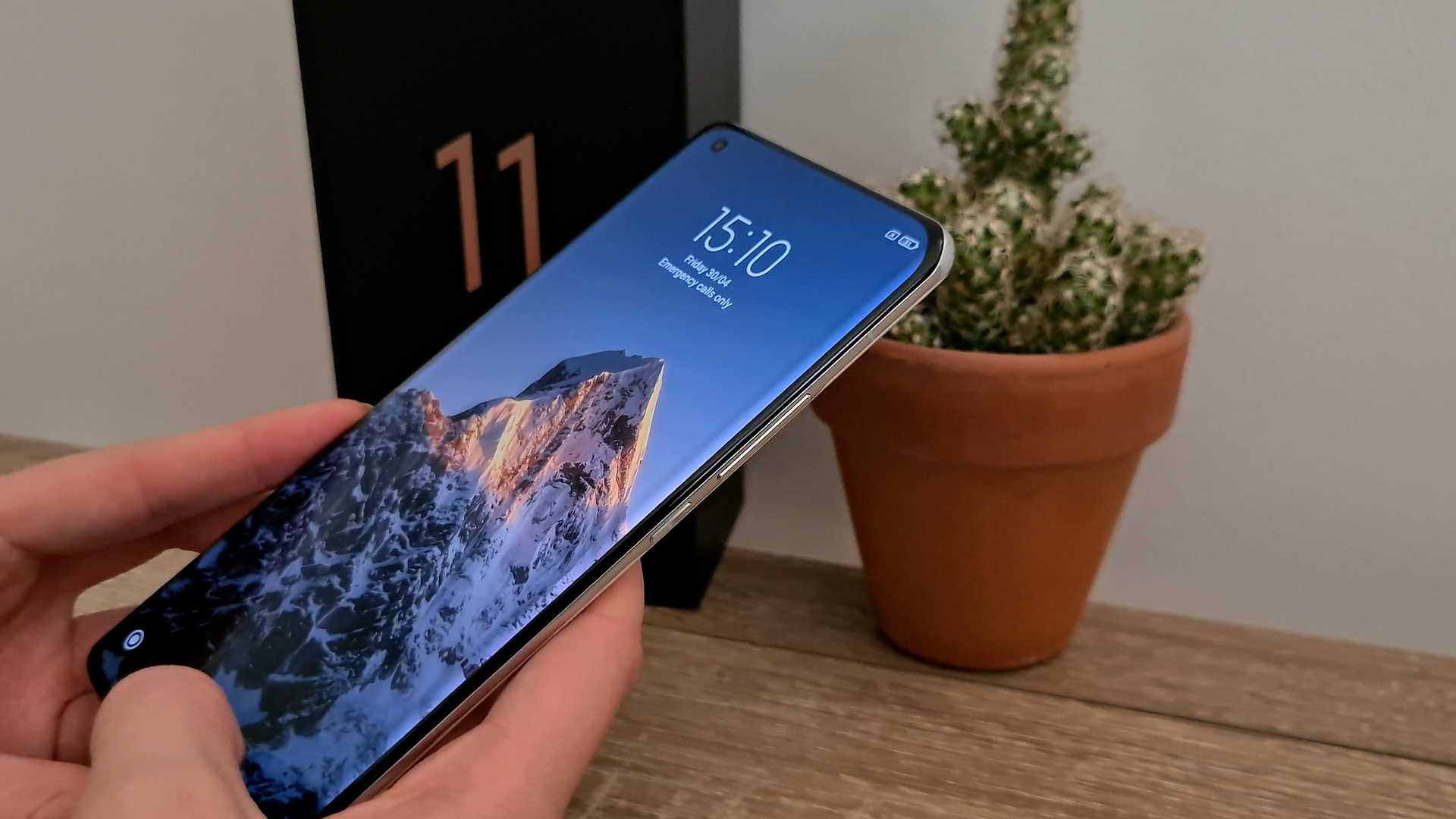Xiaomi's popularity surges to overtake Apple – and now it's poised to topple Samsung
Global smartphone shipments in Q2 2021 reveal that Xiaomi is no.2, second only to Samsung – but it's closing the gap


Xiaomi has toppled Apple in the global smartphone brand rankings and now only Samsung stands in its way. In the list of worldwide smartphone shipments for Q2 2021, Samsung's devices account for 19% while Xiaomi is coming in hot at 17% after seeing a surge of 83% growth overall.
Apple is third on the chart from Canalys accounting for 14% of shipments with growth of just 1%. Samsung at least saw some movement in its annual growth rate, with a 15% increase, but Xiaomi is extending its reach outside of China to provide some stiff competition with quality devices at affordable prices.
- I tried the Xiaomi Mi Smart folding electric bike
- Nintendo Switch OLED has left me feeling like a discarded "legacy" gamer
- First iPhone 13 date leak is a sign the world is slowly getting back to normal
"Xiaomi is growing its overseas business rapidly," said Canalys Research Manager Ben Stanton, citing skyrocketing figures of up to a 300% increase in shipments in Latin America, 150% in Africa, and 50% in Western Europe. Xiaomi has gone from scrappy underdog to a credible challenger, beavering away on tech like foldable smartphones, under display cameras, and filing patents for rollable display technology.
Xiaomi is also one of the brands that's setting the bar for fast charging. Samsung's smartphones are stuck at a paltry 25W with only the Galaxy S20 Ultra bumping that up to 45W before the Korean tech giant reverted back to 25W, even for its premium models.
It's rumored that Samsung is looking into charging options "above 25W, 45W or 65W," according to tipster Ice Universe on Weibo, but Xiaomi is miles ahead in this arena. Back in January we got a peek at the hugely impressive Xiaomi Mi Air Charge which lets you charge your devices in a truly wireless manner; no cables, no stand – you can stroll around the room with your phone in-hand and it will charge as if by magic. The company is forging ahead with revolutionary smartphone technology while keeping its devices at an appealing price point.
"[Xiaomi] is still largely skewed toward the mass market, however, and compared with Samsung and Apple, its average selling price is around 40% and 75% cheaper respectively," continues Stanton. "So a major priority for Xiaomi this year is to grow sales of its high-end devices, such as the Mi 11 Ultra."
The Xiaomi Mi 11 Ultra is a lightning fast, luxury smartphone with an excellent camera and second mini display – although it is bit unwieldy. Despite that, it offers the iPhone 12 Pro Max and Samsung Galaxy S21 Ultra some stiff competition.
Get all the latest news, reviews, deals and buying guides on gorgeous tech, home and active products from the T3 experts
Stanton says it'll be "a tough battle, with Oppo and Vivo sharing the same objective, and both willing to spend big on above-the-line marketing to build their brands in a way that Xiaomi is not.
"All vendors are fighting hard to secure component supply amid global shortages, but Xiaomi already has its sights set on the next prize: displacing Samsung to become the world’s largest vendor."

Shabana worked at T3.com as News Editor covering tech and gaming, and has been writing about video games for almost a decade (and playing them since forever). She's had bylines at major gaming sites during her freelance career before settling down here at T3, and has podcasts, streaming, and video content under her belt to boot. Outside of work, she also plays video games and should really think about expanding her hobbies. If you have any tech or gaming tips, shoot over an email or DM her on social media.